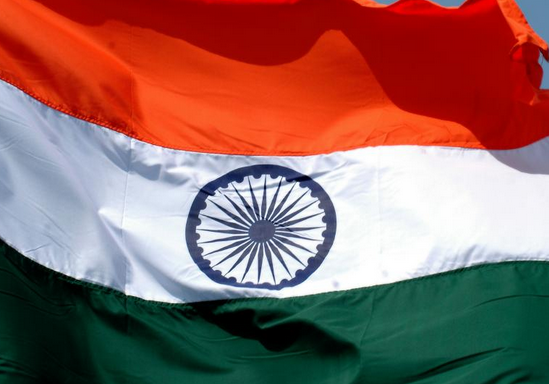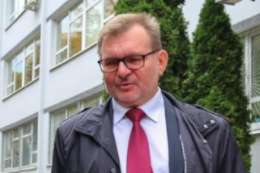
Oct 21, 2020 | News
The ICJ calls on the Belarus authorities to revoke the disbarment of lawyer Aleksandr Pylchenko and to end harassment or other interference with the work of lawyers in the country.
His disbarment appears to be arbitrary and in violation of rights to freedom of expression as well as international standards on the role of lawyers.
The decision of 15 October 2020 of the Ministry of Justice to disbar the lawyer is clearly related to his work in defence of human rights and his representation of clients, including, opposition leaders or protesters.
This disbarment is part of a pattern of increasing obstruction of lawyers who represent those associated with recent protests in Belarus, including through arrests and detention of lawyers, and prevention of their access to clients.
Aleksandr Pylchenko represented Viktor Babariko and Maria Kolesnikova, two leaders of the opposition in Belarus.
Disbarment proceedings against Mr Pylchenko started as a result of his public criticism of the response of the law enforcement authorities to claims of ill-treatment of protesters.
On 14 August 2020, in a media interview Mr Pylchenko called on the Prosecutor General’s Office to take action, in particular to launch criminal investigations into the ill-treatment of protesters by the police and to remove the Minister of Interior and other officials from their posts because of their involvement in human rights violations.
According to the Ministry of Justice, Mr Pylchenko called for “illegal actions, including blocking and disarming military units” and his statements “mislead the public about the powers of state bodies and do not comply with procedural norms”.
Belarus has obligations under international law to protect the right to freedom of expression (Article 19 ICCPR). Lawyers have a particular role in publicly raising concerns about violations of the human rights of their clients, or problems in the justice system that lead to violations of human rights.
The UN Basic Principles on the Role of Lawyers affirm that lawyers, like others, are entitled to freedom of expression and in particular, have the right to take part in public discussion of matters concerning the law, the administration of justice and the promotion and protection of human rights.
Furthermore, the UN Basic Principles on the Role of Lawyers provide that governments must ensure that lawyers ‘are able to perform all of their professional functions without intimidation, hindrance, harassment or improper interference”. (Principle 23). Lawyers should not suffer, or be threatened with, prosecution or administrative, economic or other sanctions for any action taken in accordance with recognized professional duties, standards and ethics (Principle 16). They should never be identified with their clients’ causes.
Background:
Following the presidential elections of 9 August 2020 in Belarus, widespread protests across Belarus took place.
On 18 June and 7 September 2020, Victor Babaryka and Maria Kolesnikova, opposition leaders in Belarus, were detained.
There are reports that defence lawyers were denied access to those arrested including in high-profile cases, such as the case of the former presidential candidate Victor Babaryka whose lawyer was not allowed to see his client in the detention centre for significant period of time.
On 9 September 2020, lawyers Ilya Salei and Maxim Znak, were detained allegedly on politically motivated charges.
On 25 September 2020, the Minsk city Oktyabrsky District Court sentenced Luidmila Kazak, lawyer of Maria Kolesnikova, to a fine (220 Euro) for “disobeyance to a lawful order” of a police officer (Article 23.4 of the Code of Administrative Offences). The lawyer stated that the arrest and administrative fine are connected to her legal representation of the opposition leader Maria Kolesnikova.
The ICJ has previously called on Belarus to comply with its international human rights obligations, including by releasing those arbitrarily detained and ceasing abusive prosecutions as well as harassment of lawyers.
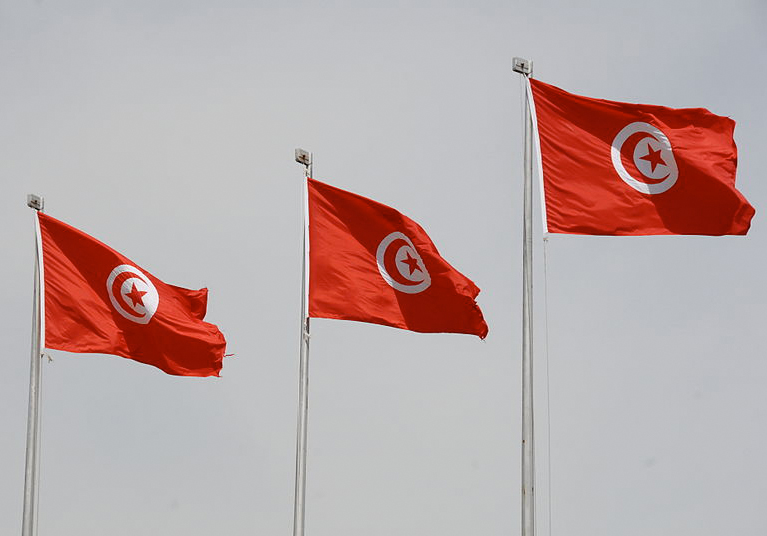
Oct 19, 2020 | News
Tunisian Parliament should reject the revised Draft Law No. 91-2018 on the state of emergency when it is tabled in the plenary session starting tomorrow, said the ICJ today.
The Draft Law is inconsistent with the rule of law and Tunisia’s international human rights obligations and should be considered further to ensure its compliance with international law and standards.
The Draft Law was approved by the Parliament’s Committee on Rights, Freedoms and External Relations on 15 May 2019. Articles 2, 3 and 4 of the Draft Law authorize the President to declare a state of emergency for one month, renewable once, “in the event of catastrophic events” or “imminent danger threatening public order and security, the security of people and institutions and the vital interests and property of the state.”
Tunisia has remained under a continuous state of emergency since 24 November 2015.
“The Draft Law would entrench the President’s power to unilaterally determine what constitutes an emergency on broad grounds,” said Said Benarbia, the ICJ’s MENA Programme Director.
“It should be amended to enhance legislative oversight over the declaration of the state of emergency, provide for effective judicial review over emergency measures, and ensure that such measures do not unlawfully infringe on the enjoyment of recognized rights and freedoms.”
Under the law, regional governors could impose restrictions on movement and prohibit gatherings where necessary for “the maintenance of security and public order.” They could suspend the activities of associations that they decide act in a manner “contrary to public order and security” that “obstructs the work of the public authorities”. The Minister of Interior may also order house arrest and other measures against anyone deemed to “hamper public order and security”, including by summoning them to appear at the police station twice a day and intercepting their communications and correspondence.
The ICJ stressed that these measures risk interference with a number of rights, including freedom of expression, association, assembly, movement and the rights to liberty.
“The proposed law would entrench opportunities for Tunisian authorities to continue perpetrating abuses of human rights under arbitrarily imposed states of emergency,” said Kate Vigneswaran, ICJ’s MENA Senior Legal Adviser.
“It’s up to Parliament to ensure that appropriate safeguards are put in place which clearly limit the basis for imposing any restrictive measure to objective criteria and a real risk of harm, not the whims and political desires of the executive.”
The ICJ said that notwithstanding the inclusion of procedural safeguards – including registration of such decisions with reasons with the Public Prosecutor – the broad basis for the imposition of house arrest is concerning given Tunisian authorities’ abusive use of house arrest in the past.
Contact:
Said Benarbia, Director, ICJ Middle East and North Africa Programme, t: +41-22-979-3817; e: said.benarbia(a)icj.org
Kate Vigneswaran, Senior Legal Adviser, ICJ Middle East and North Africa Programme, t: +31-62-489-4664; e: kate.vigneswaran(a)icj.org
Tunisia-Law of Emergency-News-2020-ENG (story with additional information, PDF)
Tunisia-Law of Emergency-News-2020-ARA (story in Arabic, PDF)
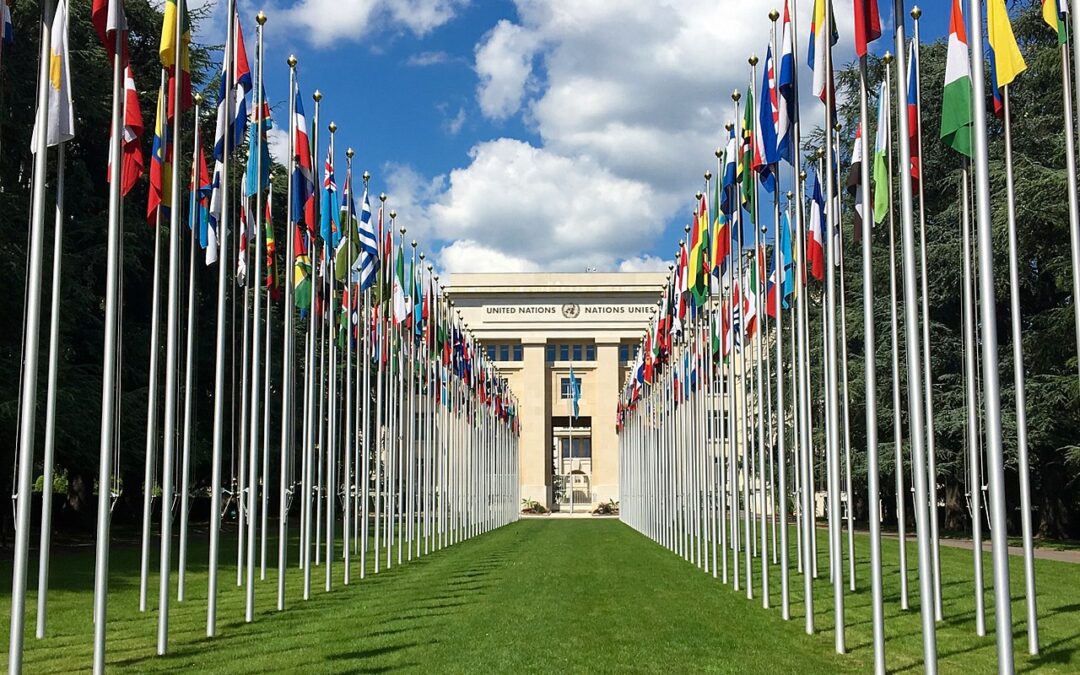
Oct 13, 2020 | Advocacy, News, Non-legal submissions
On 12 October 2020, the ICJ made a submission to the Human Rights Council’s Working Group on the Universal Periodic Review in advance of the Human Rights Council’s review of Singapore in May 2021.
In its submission, the ICJ expressed concern about the following issues:
(i) Freedom of expression online;
(ii) The death penalty;
(iii) Corporal punishment; and
(iv) International human rights instruments.
The ICJ further called upon the Human Rights Council and the Working Group on the Universal Periodic Review to recommend that Singapore ensure, in law and in practice, the right to freedom of expression online, the right to life and the absolute prohibition against cruel, inhuman or degrading treatment or punishment; and become a party to core international human rights instruments, including the International Covenant on Economic, Social and Cultural Rights, the International Covenant on Civil and Political Rights, the Convention Against Torture and Other Cruel, Inhuman or Degrading Treatment or Punishment, the International Convention on the Protection of the Rights of All Migrant Workers and Members of Their Families and the International Convention for the Protection of All Persons from Enforced Disappearance, as well as the existing Optional Protocols to some of these treaties.
The submission is available in PDF here.
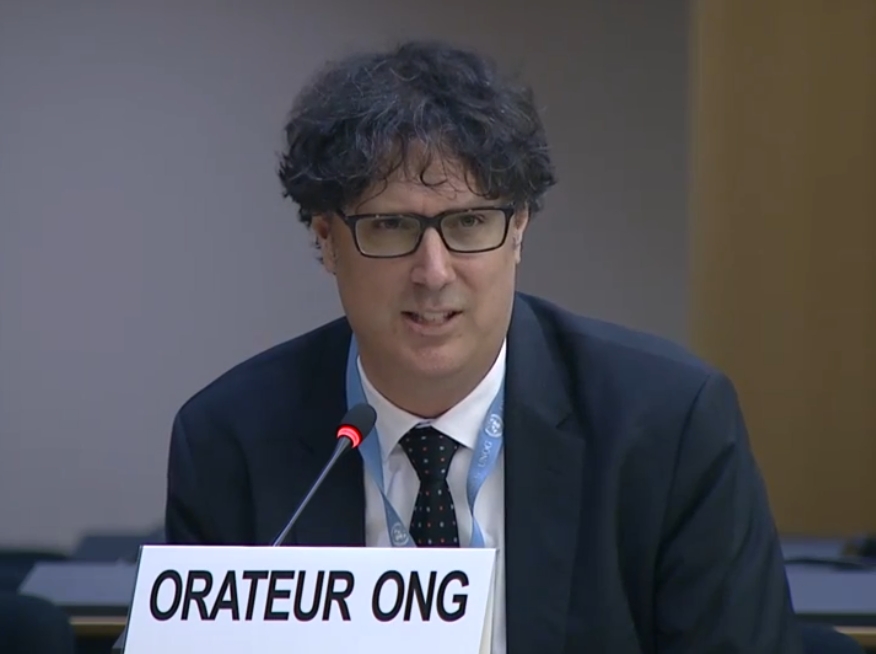
Sep 25, 2020 | Advocacy, Non-legal submissions
Today at the UN Human Rights Council, the ICJ together with the Tahrir Institute for Middle East Policy, drew attention to ongoing attacks on the independence and role of lawyers in Egypt.
The ICJ made the oral statement during the general debate on country situations of concern, speaking on behalf also of the Tahrir Institute for Middle East Policy. The statement read as follows:
“The International Commission of Jurists (ICJ) and the Tahrir Institute for Middle East Policy draw the Council’s attention to the continuing deterioration of the situation for human rights and the rule of law in Egypt.
Today our organizations published a new report, Targeting the Last Line of Defense: Egypt’s Attacks against Lawyers, to be followed by a virtual side event on 30 September.
As the last line of defense against the government’s sustained and broad crackdown on human rights and fundamental freedoms, Egypt’s lawyers have been increasingly and systematically targeted by authorities. Since 2018, at least 35 lawyers have been arrested and arbitrarily detained for their legal defense work and exercise of fundamental freedoms.
Lawyers have been subject to arbitrary arrest and detention, physical assault, torture and other ill-treatment, and enforced disappearances, as well as unfounded and politicized criminal proceedings based on charges under grossly overbroad criminal laws on “terrorism,” “spreading false news,” and “misusing social media.” Arrests of lawyers spiked in the wake of the September 2019 protests. Arrests continue despite the risk of a COVID-19 outbreak in detention facilities.
The ICJ and Tahrir Institute call on Egyptian authorities to end these violations of the rights and role of lawyers, to take measures to protect the independence of the Bar Association, and to amend all relevant legal frameworks in line with Egypt’s constitution and international human rights law and standards.
Thank you.”
The full statement can be downloaded (PDF) here: UN-Advocacy-Egypt-HRC45-2020
For more information, contact: un@icj.org





